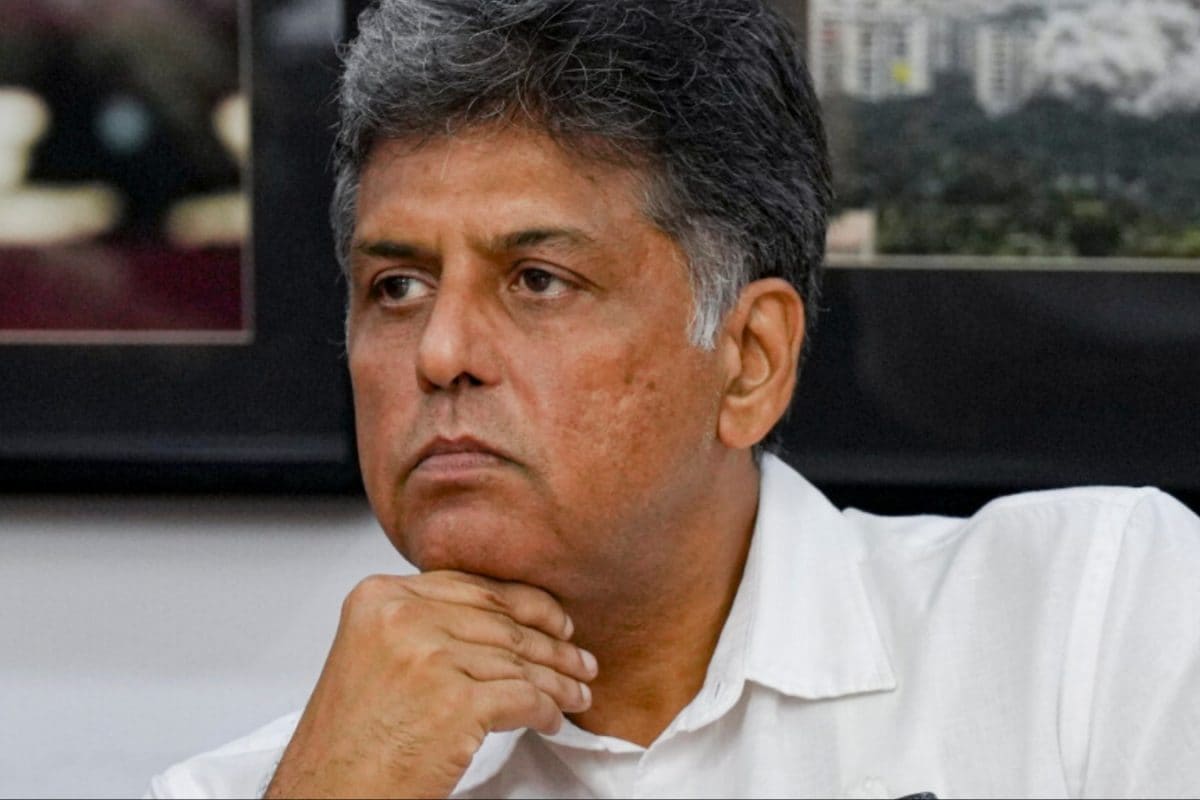

In a firm message delivered from South Africa, India has asserted its right to respond decisively to terrorism emanating from Pakistan. Congress leader Manish Tewari, as part of an all-party delegation, conveyed this message during a visit to key capitals, emphasizing the need for the international community to isolate states that employ terrorism as an instrument of state policy.
Tewari stated that Pakistan has been behaving like a "rogue state" for decades, creating instability not only in India but also in Afghanistan and Iran. He highlighted that India has been combating terrorism sponsored by Pakistan for the past 4.5 decades. The delegation sensitized their counterparts in South Africa, including the African National Congress (ANC), about the urgent need to address this issue. The ANC expressed solidarity, assuring that they would not endorse any state using terror as a tool.
This strong stance follows a recent deadly terrorist attack in Pahalgam, Jammu & Kashmir, where 26 people were killed. The incident triggered a firm response from India, including military action and a widespread diplomatic outreach initiative called "Operation Sindoor." This operation involves all-party delegations visiting numerous countries to highlight India's concerns and seek international support against terrorism.
The core message being conveyed by these delegations is that India will not tolerate cross-border terrorism and will act decisively against terrorist hideouts. India has accused Pakistan of using terrorism as an instrument of state policy and has made it clear that dialogue is contingent upon the cessation of such activities.
The delegation's visit to South Africa also aimed to strengthen ties with the African National Congress, given the historical relationship underpinned by mutual respect for Mahatma Gandhi and Nelson Mandela. The Indian representatives emphasized the shared commitment to global peace and the need to eradicate terrorism worldwide.
Echoing similar sentiments, another all-party delegation in Singapore, led by JD(U) MP Sanjay Kumar Jha, conveyed that India will retaliate firmly if there is a terrorist attack. "India will not tolerate any nuclear blackmail. India will strike precisely and decisively at the terrorist hideouts developing under the cover of nuclear blackmail. India will not differentiate between the government sponsoring terrorism and the masterminds of terrorism," the delegation asserted.
Furthermore, India's stance is that talks with Pakistan will only address the handover of Pakistan-occupied Kashmir (PoK) and terrorism. India insists that Pakistan must hand over terrorists whose list has already been submitted.
The international community has largely expressed support for India's position. John Steenhuisen, Federal Leader and Minister of Agriculture of South Africa, affirmed the importance of democracies standing together against terror. Similarly, Sim Ann, Singapore's Senior Minister of State for Foreign Affairs and Home Affairs, conveyed that Singapore strongly condemns all acts of terrorism and stands with India.
These diplomatic efforts signal a significant shift in India's approach to dealing with cross-border terrorism. The message is clear: India reserves the right to act, and it is actively seeking international support to isolate and counter states that sponsor terrorism.